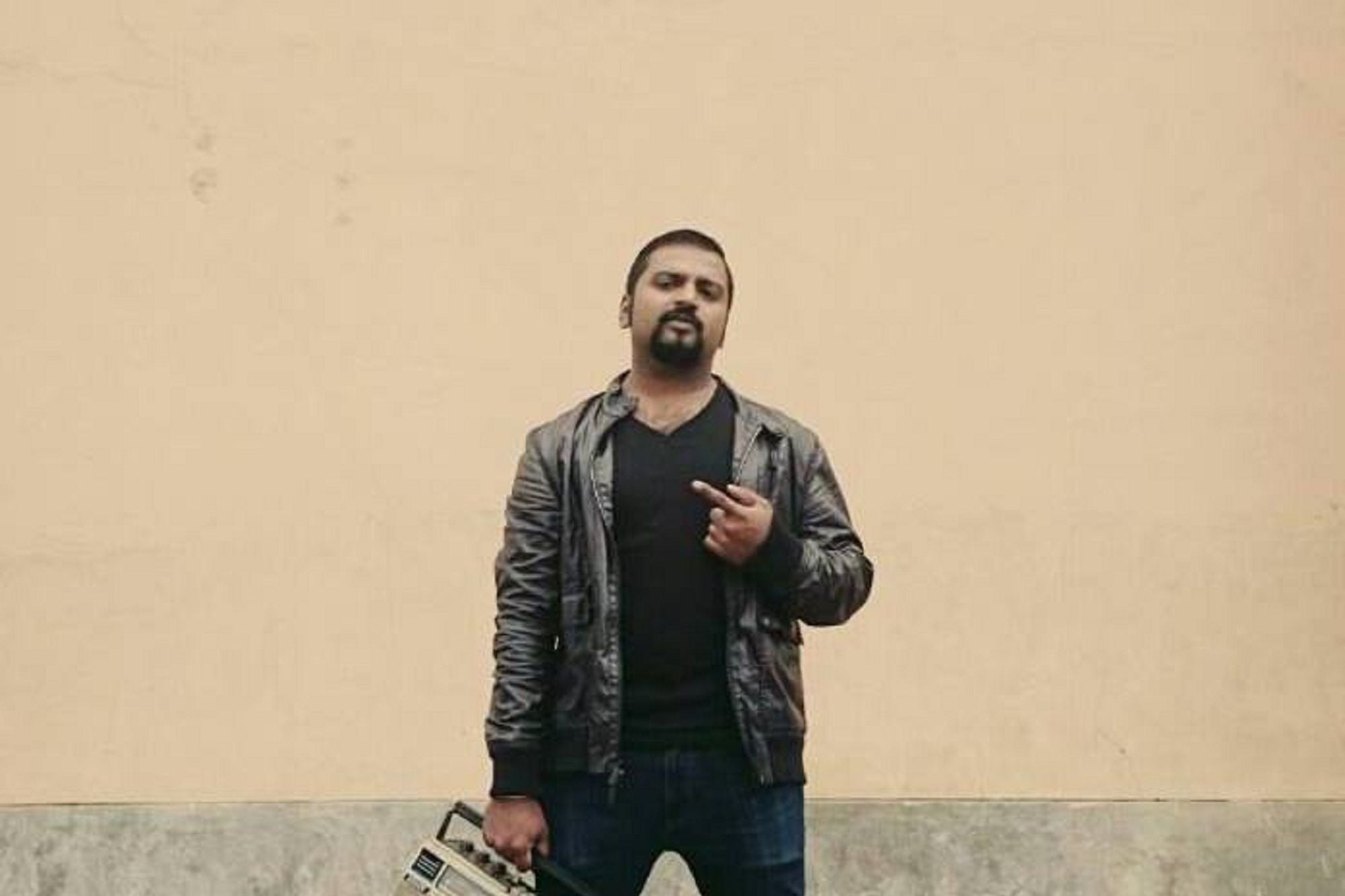This DJ-turned-musicpreneur is Using Blockchain to Give Artistes their Due Ranidu Lankage's Audius wants to cut middlemen on music-sharing apps
Opinions expressed by BIZ Experiences contributors are their own.
You're reading BIZ Experiences Asia Pacific, an international franchise of BIZ Experiences Media.

Sri Lankan pop artist Ranidu Lankage is addressing the woes of artists in the online music space through his brainchild, Audius, powered by a blockchain-based app.
A decentralised, music community-owned music sharing platform, Audius connects artists directly to fans and monetizes their work accordingly. "The online music market has been plagued by lack of transparency when it comes to rights management and payments of artists," says Lankage.
The Journey
Starting his career as a musician at 19, Lankage achieved instant success. His first album Oba Magemai was released under Sony Music India banner in 2002. Since then Lankage has released four pop albums and has worked in collaboration with top artists like Shankar Ehsaan Loy, Dev (US top 40 artist), Dj Carnage and many top Sri Lankan artists including Iraj, Pasan, Ashanthi, and others. He was also the Sri Lankan artist to get airtime on BBC Radio1, MTV, and Channel V in India.
To have a career other than music, Lankage went to Yale University in the US in 2005 to pursue a course in B.A in Economics. Later, in 2007, he joined Google as a product manager while creating music.
Empowering artists was always Lankage's mission. Even while working at Google, he used 20 per cent of his time in proactively connecting with underserved artists in the electronic space. "I used to help them leverage efforts at Google to connect with audiences globally," says the 36-year-old.
Having worked for seven years at Google, Lankage then teamed up with his college "buddy" Justin Kan to start a new venture. Kan is the founder of Twitch, a live streaming video platform.
Before Audius, Lankage experimented with a couple of other apps like Whale and Polly to connect artists directly to audience. But it didn't work out. Lankage then teamed up with "Blockchain and AI expert and former Kleiner Perkins Partner," Roneil Rumberg and serial BIZ Experiences Forrest Browning.
With the combination of music, crypto and blockchain, Audius took off in 2015.
A Disruptor
On August 12, Audius raised a funding of $5.5 million in Series A round, led by US-based General Catalyst and Lightspeed Ventures, with participation from investment firms, also based in the US like Kleiner Perkins, Pantera Capital, 122West and Ascolta Ventures.
What makes Audius different from other music platforms is that it offers an open ecosystem to the artists. It cuts the middlemen and connects artists directly to their fans on app. Users will have to pay for Audius tokens or earn them by listening to ads. Their wallet will then pay out a fraction of a cent per song to stream from decentralized storage across the network, with artists receiving roughly 85 percent compared to roughly 70 percent on the leading streaming apps. The rest goes to compensating whoever is hosting that song, as well as the developers of listening software clients, one of which will be built by Audius.
The company's initial focus is to empower all the independent artists through the use of blockchain technology. "Public blockchains are inherently fully transparent due to their open nature and we thought bringing this technology to the music space would be beneficial to all participants. The artists need fine distribution, attribution, and monetization, this can be done easily through a blockchain network," says Lankage.
He adds that Audius Inc is a temporary organization that has been set up to build software for the Audius protocol. The ultimate purpose of the company is to build and ship open source software so that anyone can use to build apps to serve end-users.
"No Journey is Without Challenges'
The failures have been blessings in disguise, Lankage believes. "I learned to be resilient and to keep going after my dreams."
When Lankage moved to the US in 2001 -- the language barrier was the biggest concern for him. "I had studied in my native language, until I came to college in the US and within the first few months, I had to quickly transition from thinking in Sinhalese first to thinking in English," says Lankage, who was born and brought up in Colombo, Sri Lanka.
"The journey hasn't been linear," he says. "The ecosystem in Sri Lanka is very different and narrow while the US is an eye-opener. When we were starting up, it was difficult to make space in that ecosystem. We had witnessed how partnerships fall through; duplication of ideas is a major challenge. But I had realized that persistence is the key, eventually."













